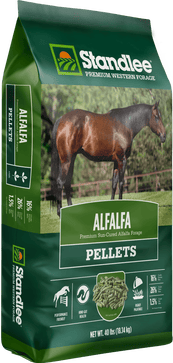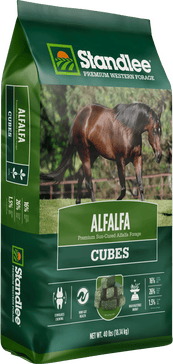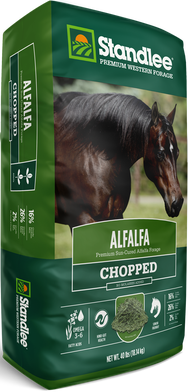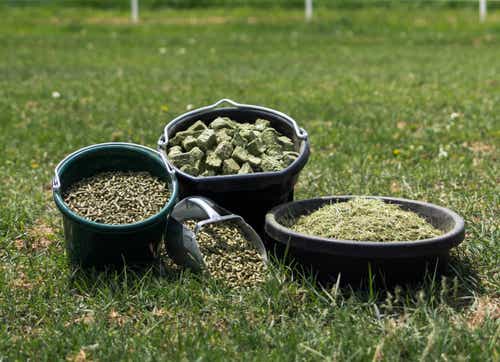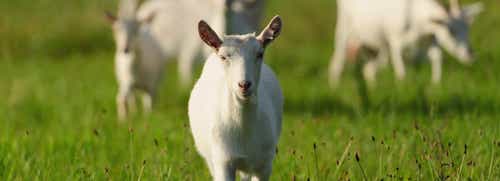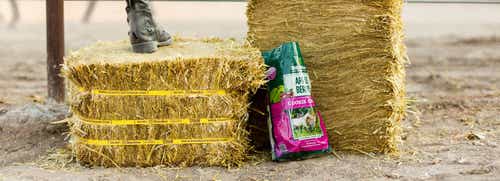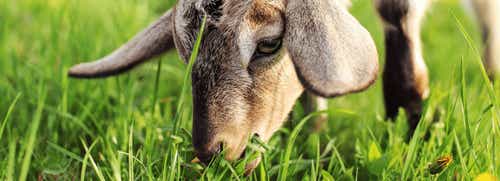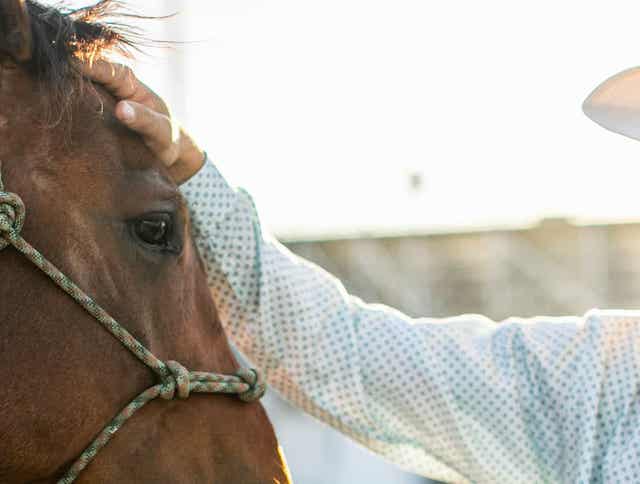
A Balancing Act: How Much Protein Do Horses Need?
You may have heard the phrases: "Too much protein makes my horse crazy," "Not enough protein will cause loss of top-line muscle," "Excess protein will wear out the kidneys," and more. These phrases are discussed and debated in barn aisles, underscore the importance of protein in horses' diet, and point out some misunderstandings of protein.
Protein is an essential nutrient in the diet of all horses. The amount of protein required in the diet depends on the horses' activity: growing, pregnancy, lactation, performance, and regular body maintenance. Protein is in every tissue within the body, with large concentrations making up muscle and bone. It also is a significant component of enzymes, hormones, and antibodies. Next to water, protein is the most abundant component of the body.
Proteins are made up of amino acids. A sequence of amino acids joins together to form a protein. In a popular protein analogy, amino acids are the individual letters, and proteins are the words formed by the joining of these letters. Twenty individual amino acids are used in various combinations to create all the different proteins in the body. Of the 20 amino acids, ten are presumed to be essential. This means they must be in the diet since they can't be formed within the body sufficiently to meet demand. To make a protein, all the necessary amino acids to include that protein must be present at the same time. The protein can't form if one amino acid is missing. So, horses require amino acids in the diet, not protein. The requirement for the amino acid lysine has been determined, but ironically the exact requirements for the other amino acids have not been determined. In horse nutrition, we have protein and lysine requirements for many different activities and sizes of horses scientifically established by the National Research Council.
The amount of protein required in the diet depends on the horse's activity. For example, the necessary amount of protein as a percentage of diet is more significant for a young, growing horse than for a mature horse. The young, growing horse is actively gaining muscle and bone. The requirements for protein are more significant for a mare in late pregnancy than early pregnancy since the bulk of fetal growth occurs later in pregnancy. Finally, the amount of protein required by a lactating mare is greater earlier in lactation than later in lactation since the mare is producing more milk in early lactation.
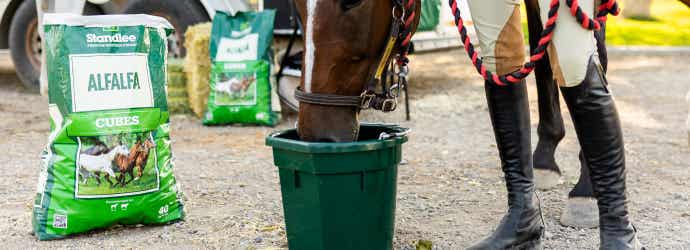
Common Protein Misconceptions
Does too much protein make my horse crazy?
Protein fed in excess of nutrient requirement is metabolized for energy (calorie) production. Large quantities of protein can provide more calories to a horse; however, seeing a difference in behavior feeding 12% protein forage compared to 14% protein forage is not likely.
What about a protein deficiency causing a loss of muscle mass associated with the top-line of a horse?
Protein is a major component of muscle tissue, so yes, a protein deficiency can cause a loss of muscle mass. But we also must remember that muscle growth or maintenance results from adequate protein intake and exercise. Simply feeding a high protein diet without proper exercise will not build muscle.
Does feeding excess protein wear out the kidneys?
Protein fed in excess of dietary requirements is broken down and utilized for energy. The waste product from this metabolism is nitrogen filtered by the kidneys and excreted. Kidneys constantly filter the blood; they do not take days off, so feeding excess protein will not wear out a kidney.
By Dr. Tania Cubitt & Dr. Stephen Duren
Standlee Nutritional Experts - Performance Horse Nutrition

